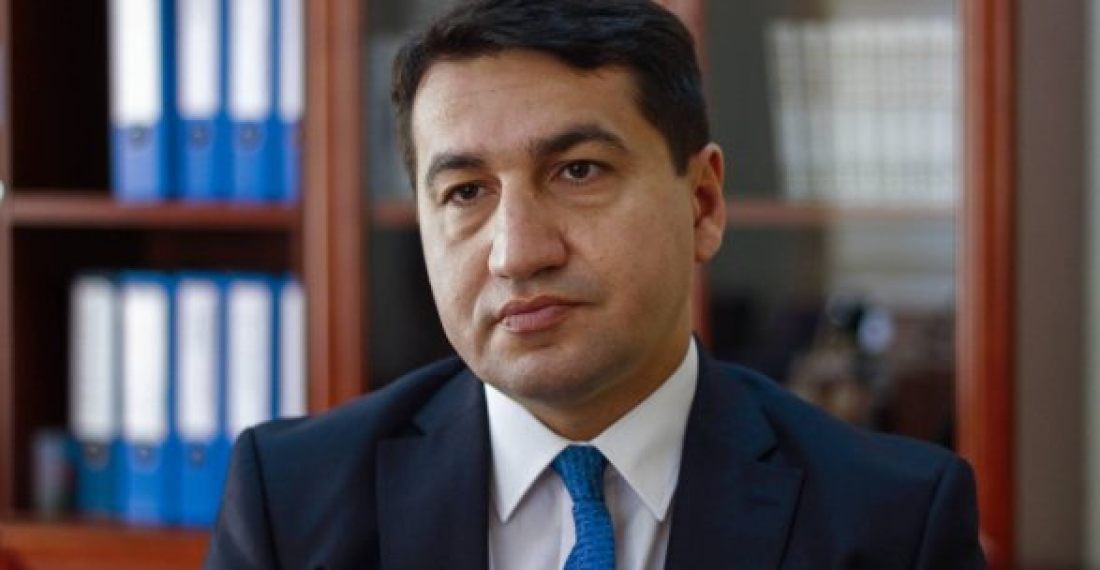Azerbaijan is ready to continue the negotiation process with Armenia in the trilateral Brussels process and the regional peace agenda in the format of the European Union, Azerbaijan and Armenia with the assistance of the President of the Council of the European Union, Charles Michel. "In this context, Azerbaijan is initiating many peace initiatives, including the conclusion of a peace treaty.” This was stated by Hikmet Hajiyev, assistant to the President of Azerbaijan and head of the foreign policy department of the Presidential Administration, writing on the X network (formerly Twitter).
According to him, Azerbaijan also supports direct bilateral dialogue and negotiations on the process of normalizing relations between Baku and Yerevan, as well as the signing of a peace treaty.
In a further development, Haciyev commented on the absence of the Azerbaijani president from the summit in Granada on Thursday, saying that
"Azerbaijan’s decision not to take part in a five-way meeting with Armenian Prime Minister Nikol Pashinyan with the participation of the leaders of the European Union, France and Germany in Granada does not mean that Baku refuses negotiations with Yerevan", he said. According to him, the refusal is due to the biased actions and militaristic policies of France, which seriously undermine regional peace, stability in the South Caucasus and jeopardize the overall EU policy towards the region.
Also, Hajiyev notes, despite the persistent demands of official Baku, no agreement was reached on Turkey’s participation as a regional power in this meeting.
“In some international media this is incorrectly presented as Azerbaijan’s refusal to negotiate with Armenia, which is completely false,” he added, emphasizing that Azerbaijan supported the participation of Spain as the host in this format.







